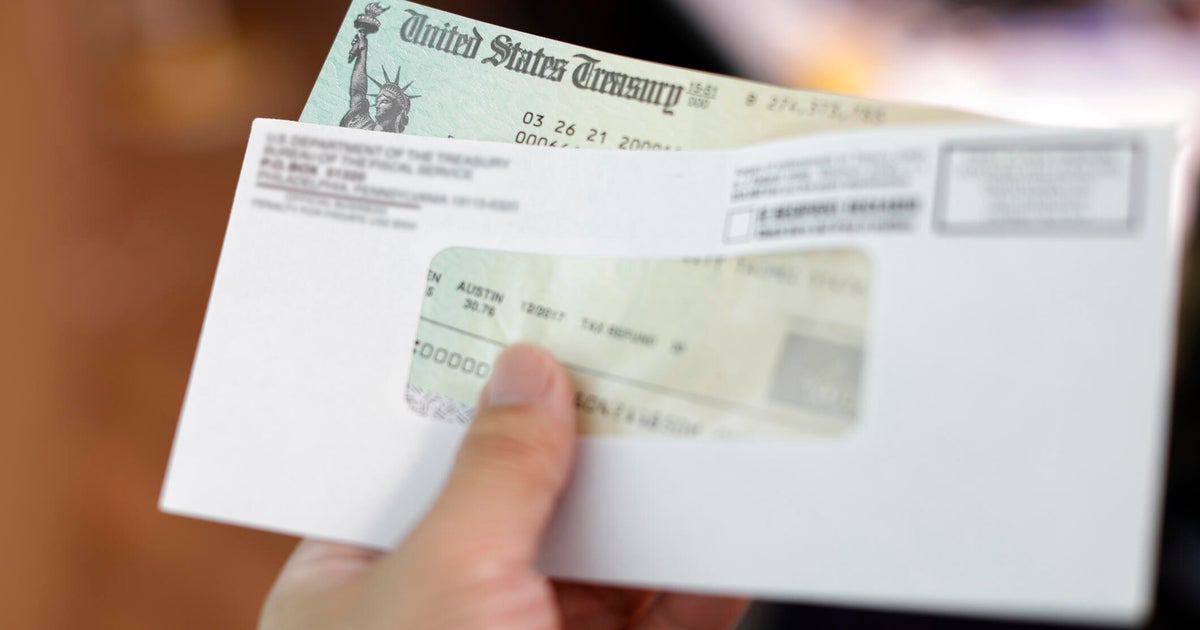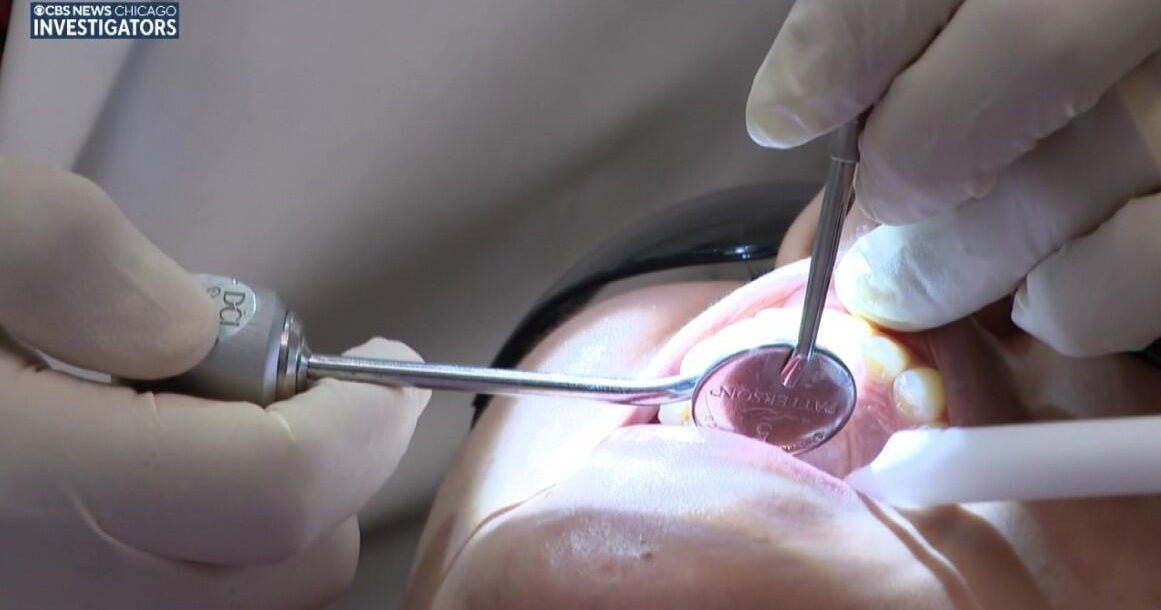Student loan refinancing: Everything to know
President Biden's student loan forgiveness program announced this past summer will help millions of federal student loan borrowers. But if you have a private loan - that is, a loan you took out directly from a bank, credit union or finance company and not the government - you're not eligible.
Don't despair, however. You have options, including refinancing. This can help lower your monthly private student loan payment and put money back in your pocket. You can easily apply for a refinance loan right now.
To learn more about this unique financial opportunity, read on.
What is student loan refinancing?
When you refinance a private student loan, you take out a new loan from a bank or other financial institution, use it to pay off the old one, and begin making payments on the new student loan. The idea is to replace your old student loan with one that has more favorable terms for your current situation - and one that keeps your credit in good shape.
For students and graduates with private loans, refinancing can offer some relief in a number of ways, including lower monthly payments or interest rates, depending on the borrower's credit rating and need.
You can refinance a public student loan with a private loan, but not the other way around. Some student loan borrowers combine public and private loans into one private loan.
Take note, though. You won't be eligible to apply for federal programs like forbearance, deferral or forgiveness if you take your public loan private. That exclusion includes programs for those in public service, including the armed forces. So thoroughly research the move before moving ahead and make sure there aren't any government programs open to you.
Private student loans cannot be consolidated or refinanced into public (government) loans, either.
You can explore your private student loan refinance options today to determine if makes sense for you.
How does private student loan refinancing work?
To refinance your private student loans, you'll need to apply at a bank or financial institution.
Your lender will evaluate your financial health, just like they would for any other kind of loan. It's a good idea to shop around for better interest rates and terms than your existing student loan and take stock of the requirements to apply. Compare and contrast lenders to find the best one for you. Use the table below to get started.
If you have a good credit score (typically 670 or higher), a steady job, money in an emergency savings account and aren't likely to qualify for federal aid programs, private loan refinancing may be a good option. Many lenders look for a debt-to-income ratio below 50% to refinance a student loan.
Here are some pros and cons of refinancing student loans to consider:
Pros:
- You can lower your total debt by bringing down the interest rate.
- This will help lower your monthly payments.
- You may be able to lengthen or shorten the loan.
- You may be able to remove the original loan's co-signer.
- You can combine multiple loans together to form one monthly payment.
Cons:
- You won't qualify for federal programs like forgiveness, deferral and forbearance.
- You'll be Ineligible for special loan terms tied to the military or other public service.
- You can't consolidate into a federal loan.
- You may have to give up subsidized loans.
- There's no repayment grace period such as waiting until after graduation. Payments are due right away.
What you'll need to apply to refinance
It's a good idea to thoroughly research the pros and cons of your particular situation before applying to refinance your student loan. Closely compare the total payoff amount of your prospective new loan to your current loan, including interest. Longer loan periods can ultimately cost far more than your original loan because of the larger number of interest payments - even if monthly payments are lower.
If you decide to refinance, shop around. Before you apply, experts recommend you check with a credit counselor or financial adviser.
Once you've chosen a lender, you'll need:
- A government-issued ID like a driver's license or passport
- Pay stubs or proof of employment
- Your most recent W-2 form and tax return
- Payoff statement from your current lender for your new application.
It's also a good idea to ask for a loan checklist from the lender ahead of time. If refinancing sounds like something you could benefit from then start exploring your options today. It's easy to get started.




